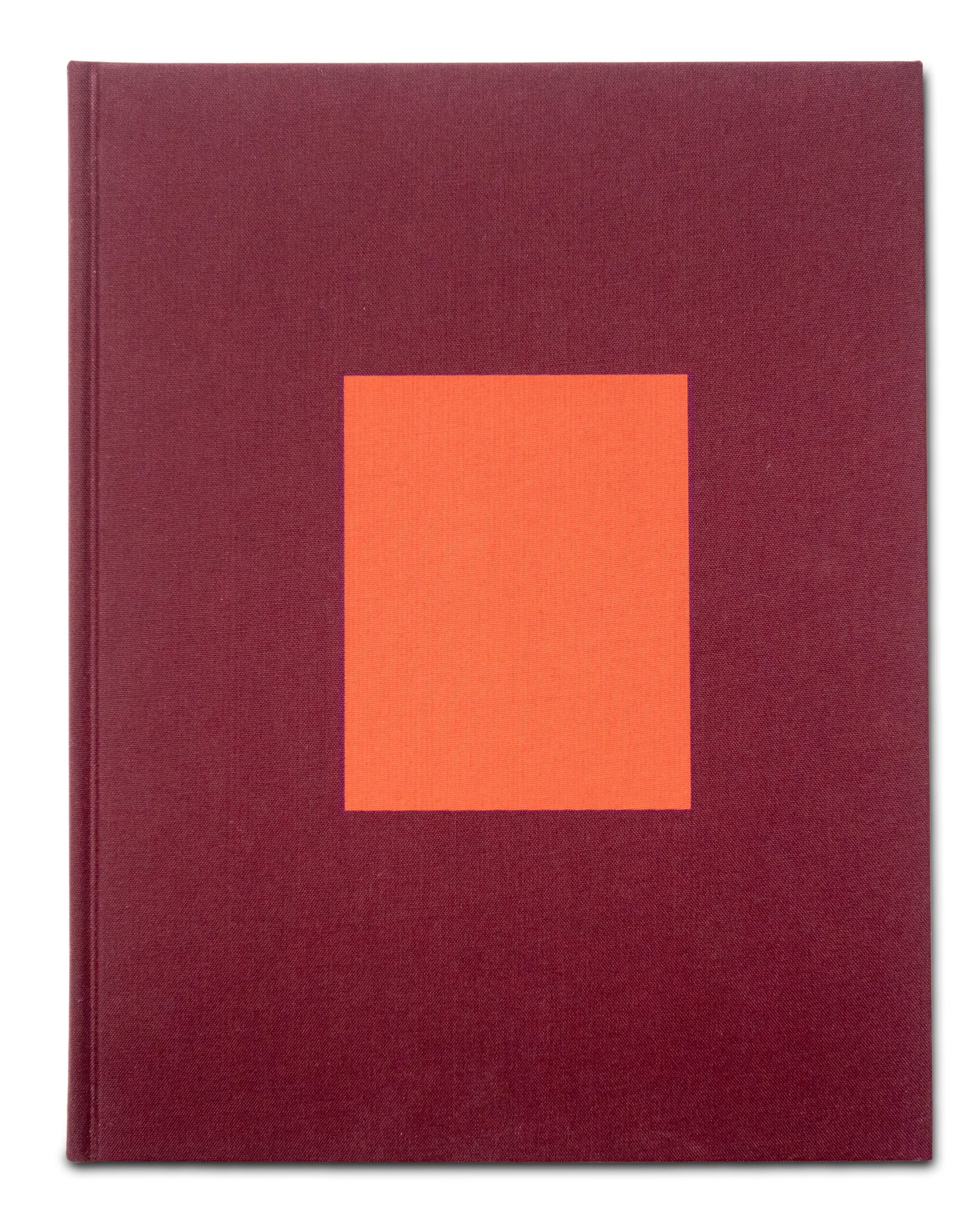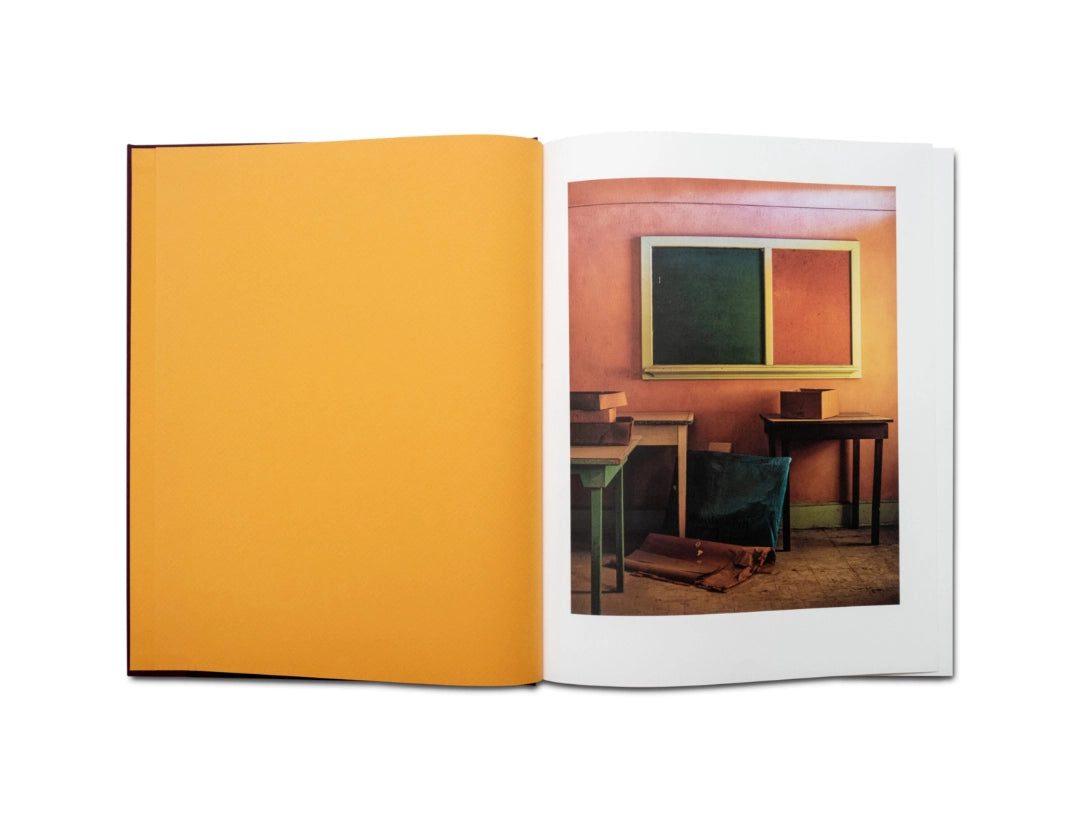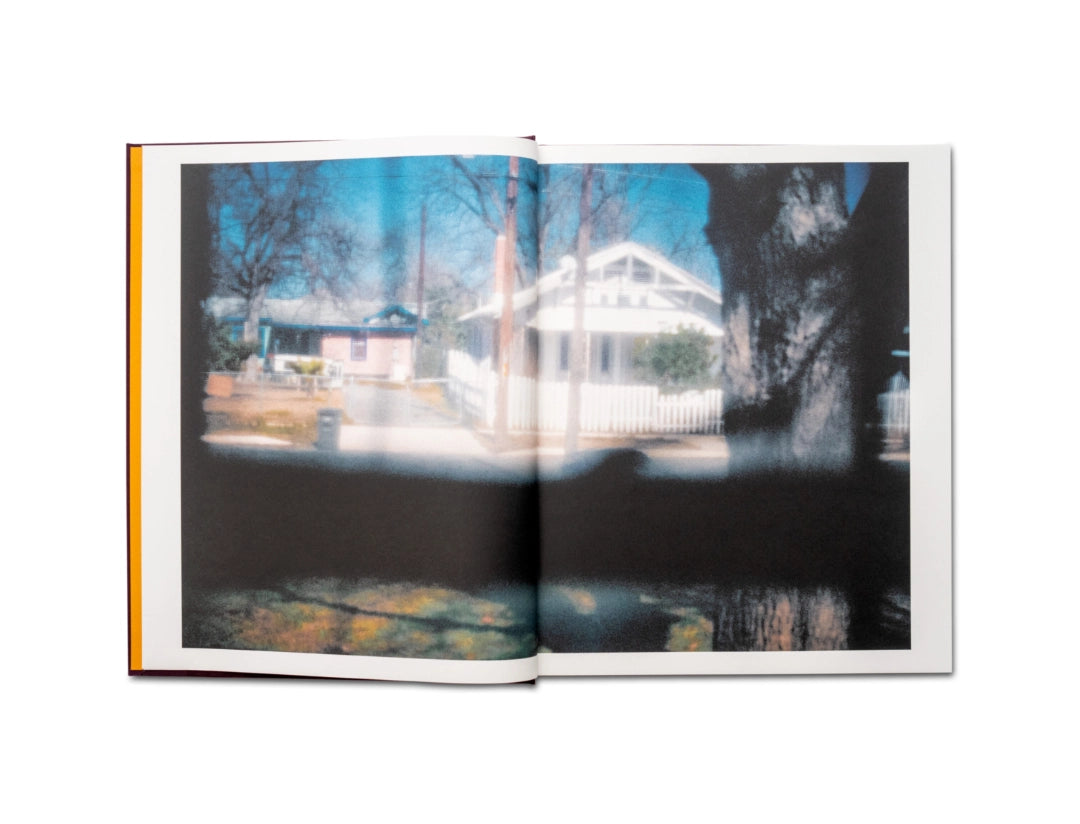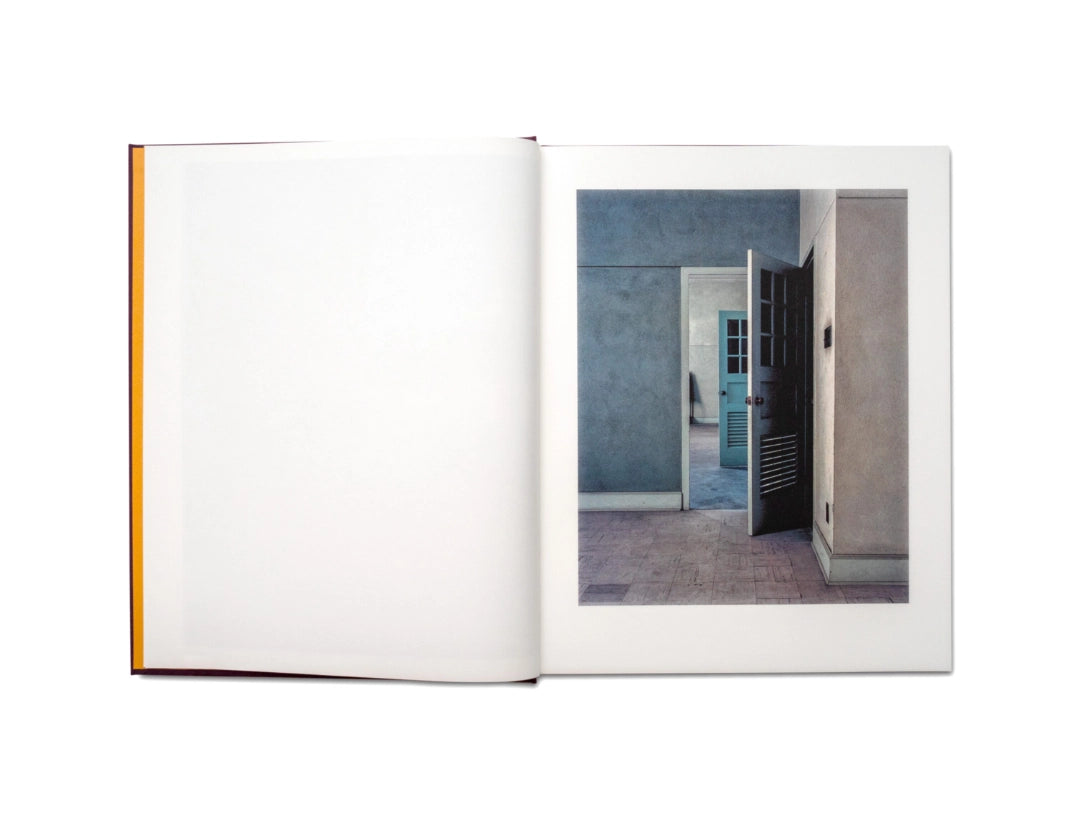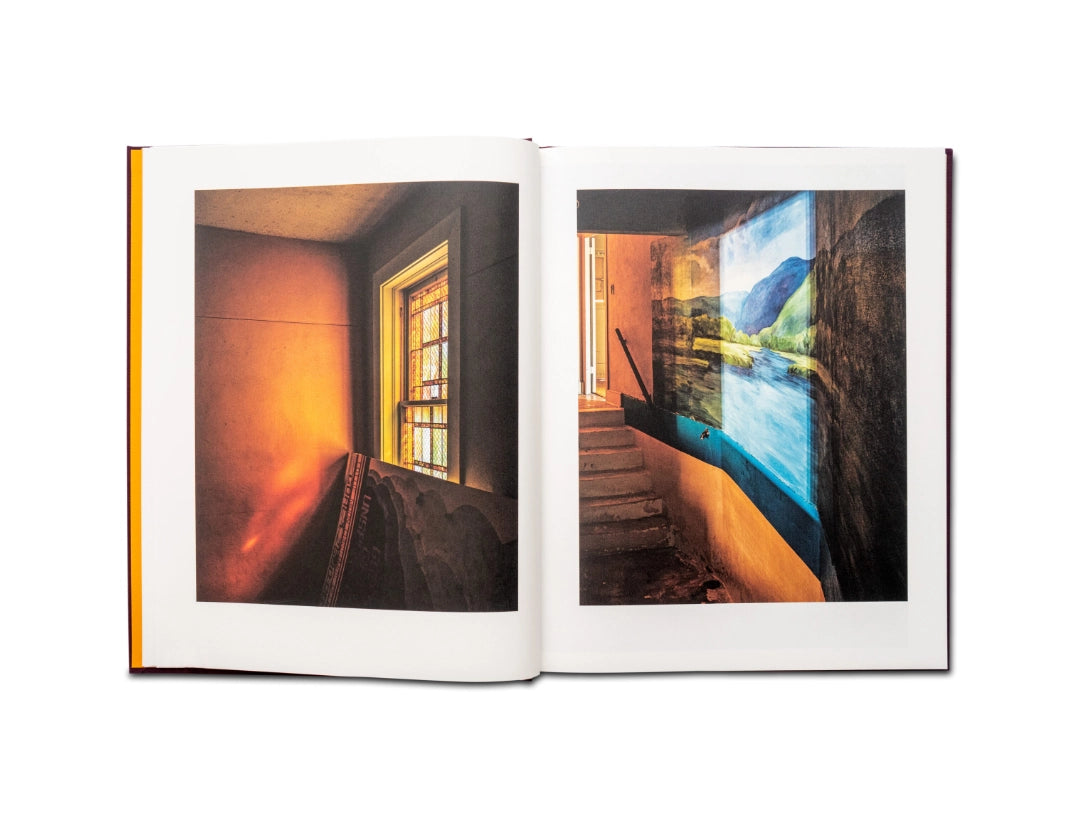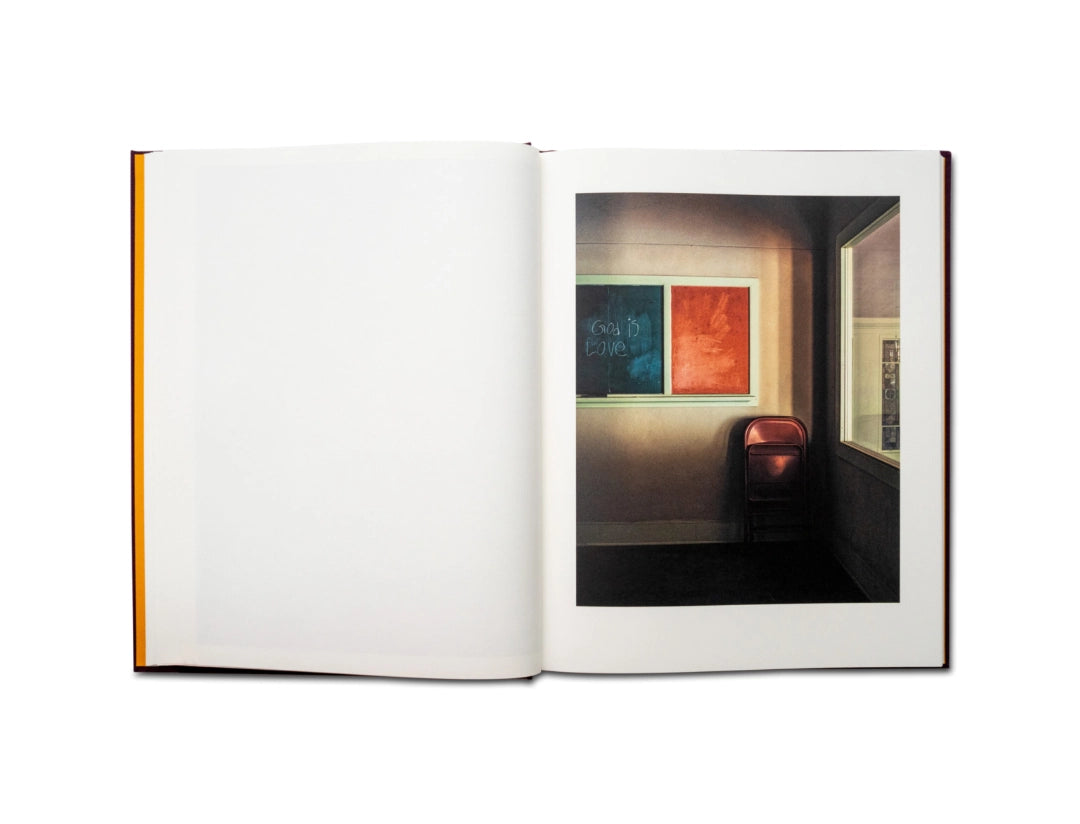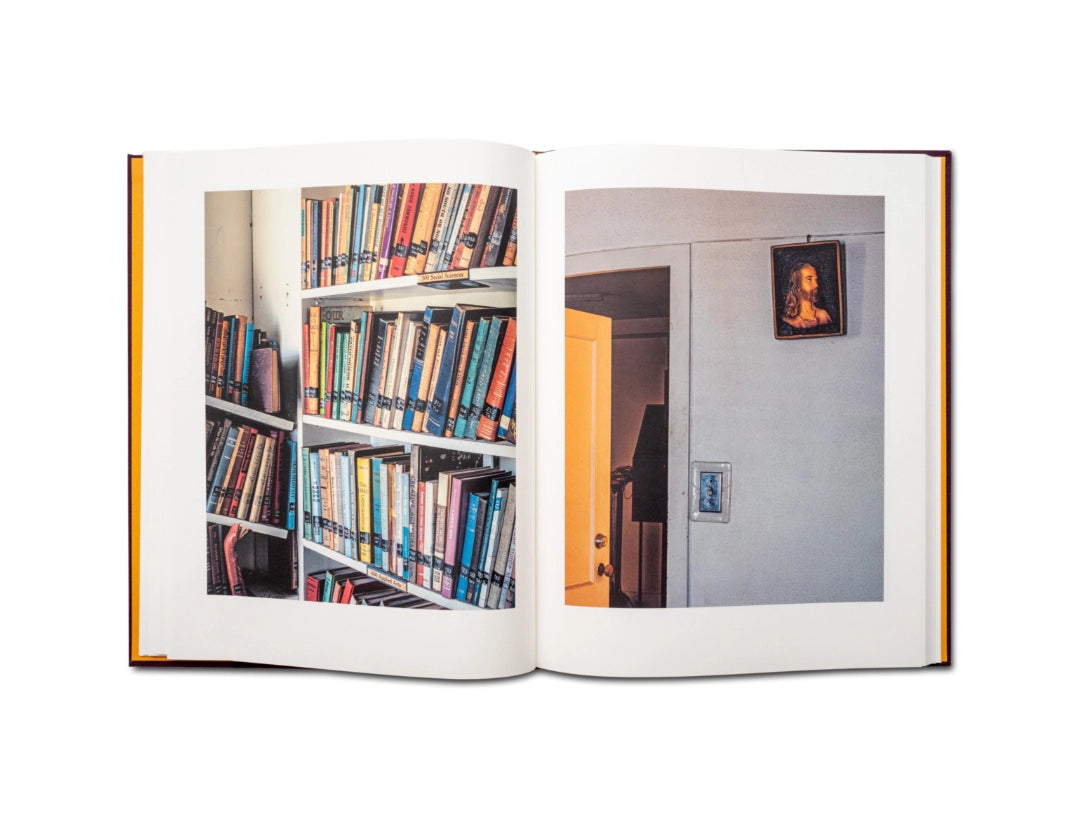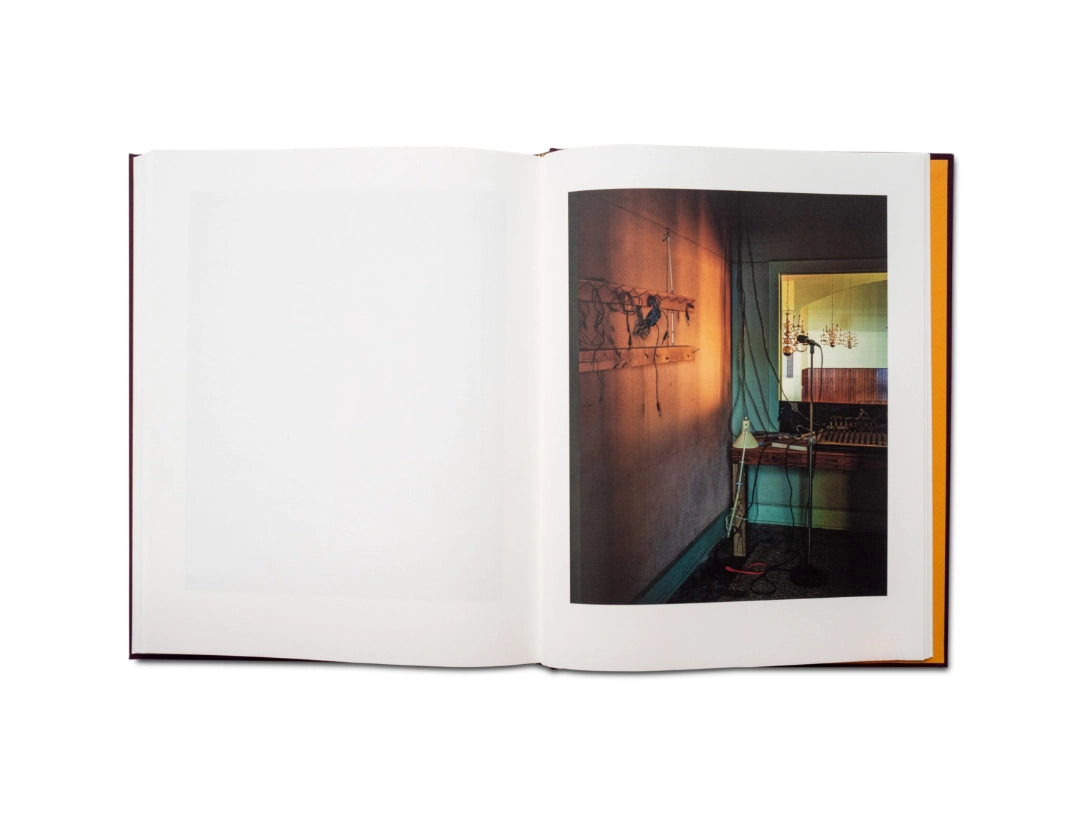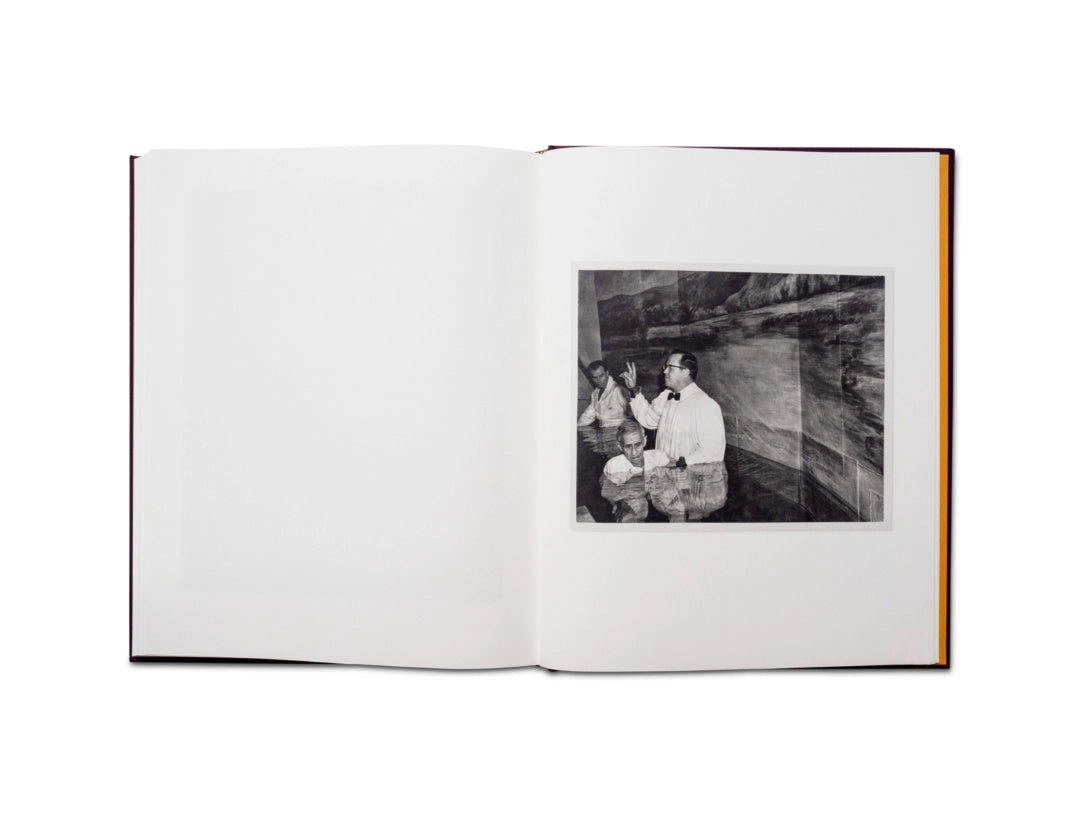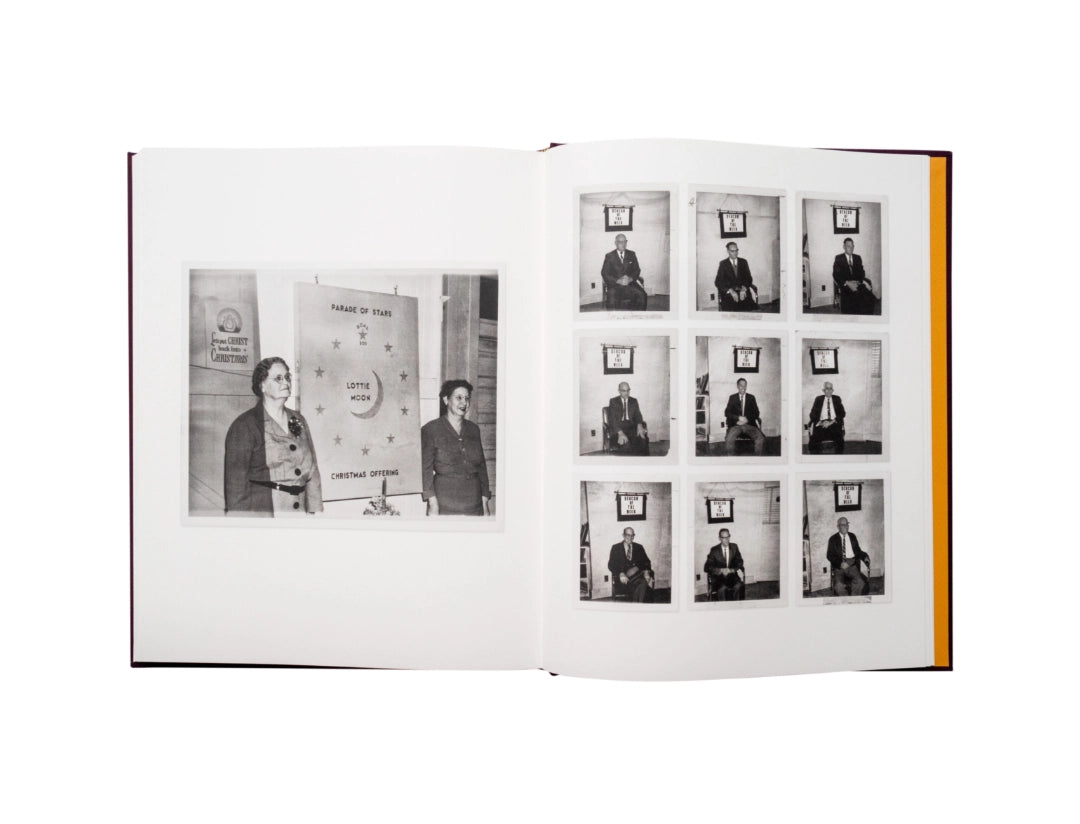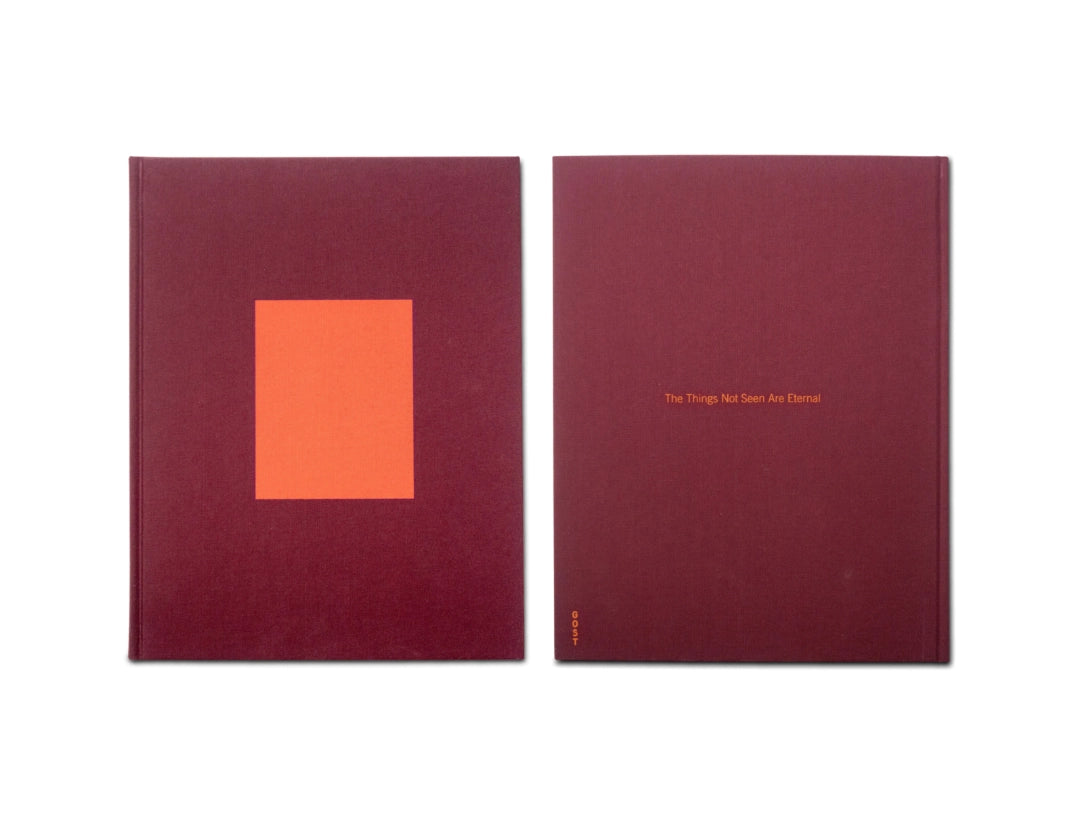The Things Not Seen Are Eternal
The Things Not Seen Are Eternal
by Herman Ellis Dyal
Regular price
£45.00
Regular price
Sale price
£45.00
Unit price
per
Tax included for domestic orders. Customs duty and import tax may apply to international orders.
Couldn't load pickup availability
Over a period of two years, Herman Ellis Dyal photographed the interior of the church in San Antonio, Texas which had been the centre of his family’s life since the 1940s. The resulting photographs show much of the building now unused and form his first monograph, The Things Not Seen Are Eternal.
More about this book
More about this book
Published April 2023
245 x 310mm
128pp, 81 images colour and duotone
Hard cover with a screen print
ISBN 978–1–910401–87–3
Share
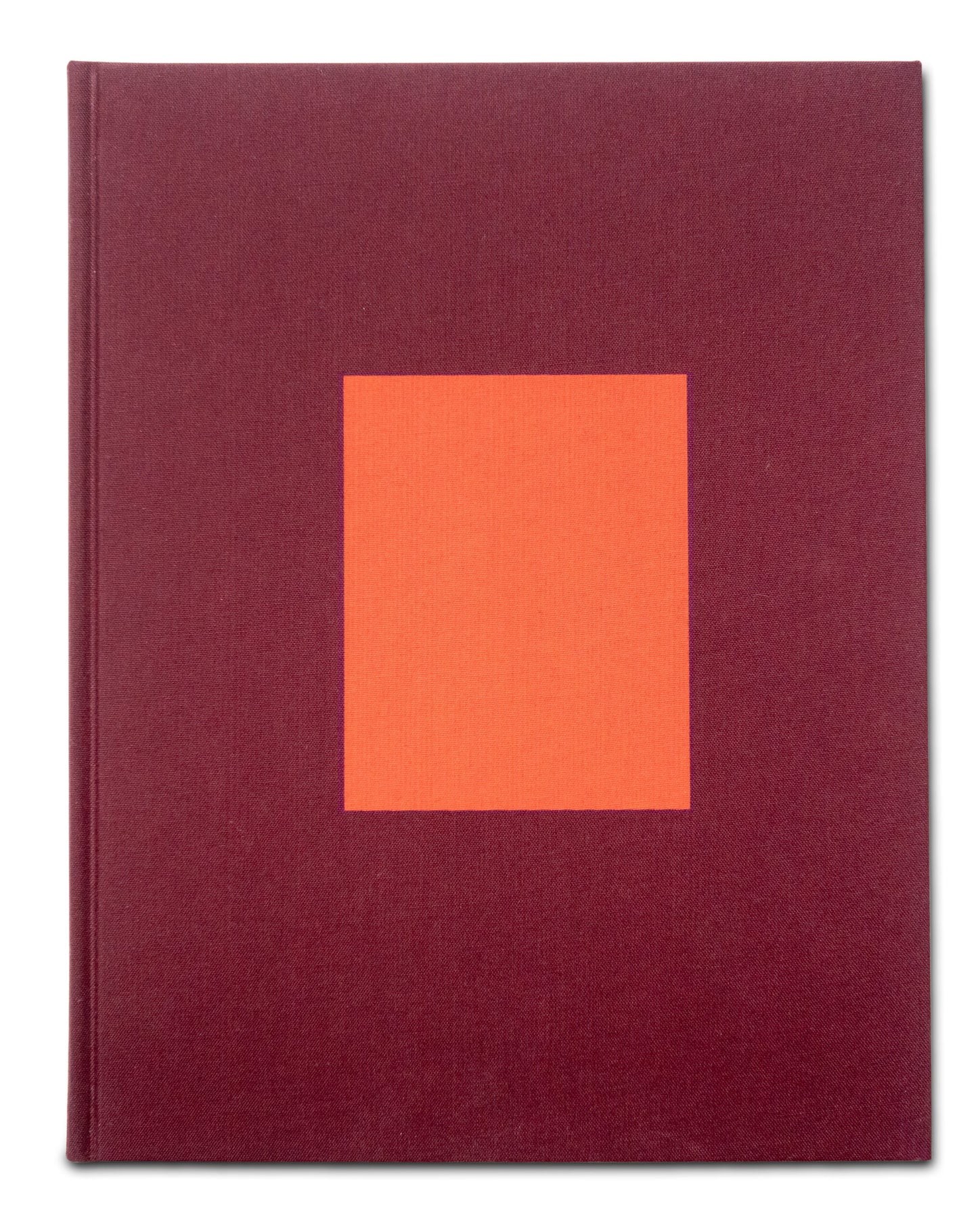
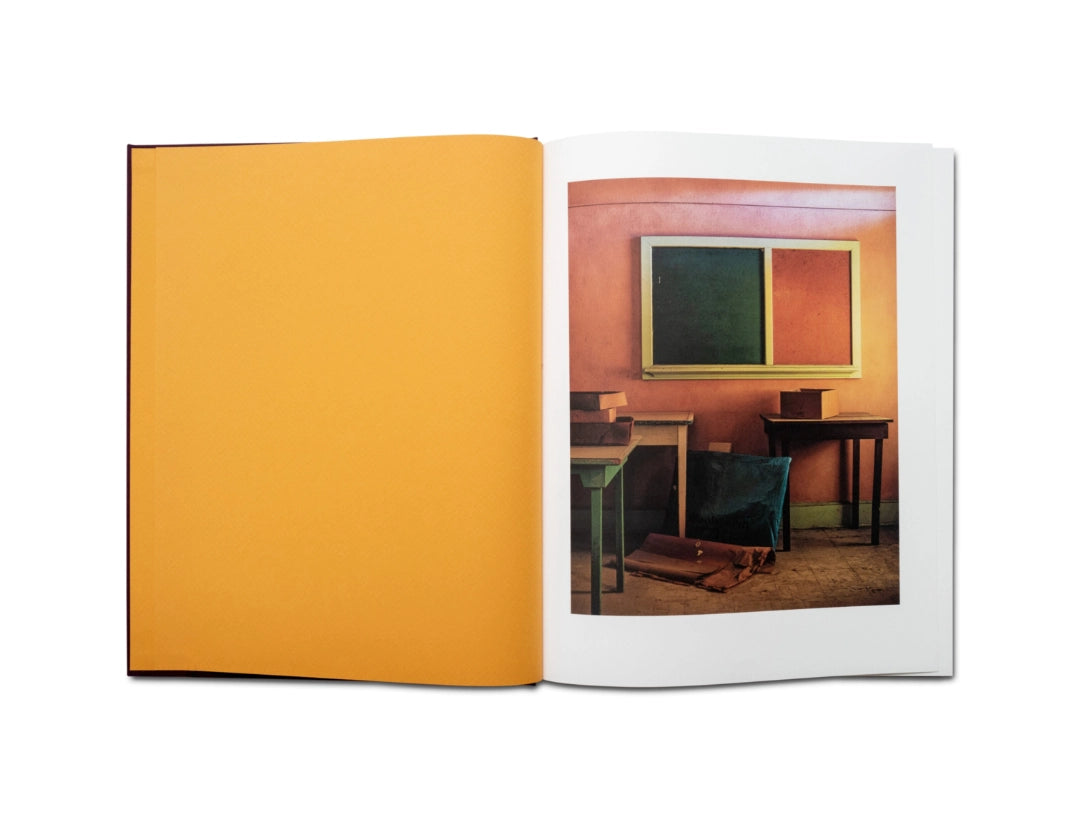
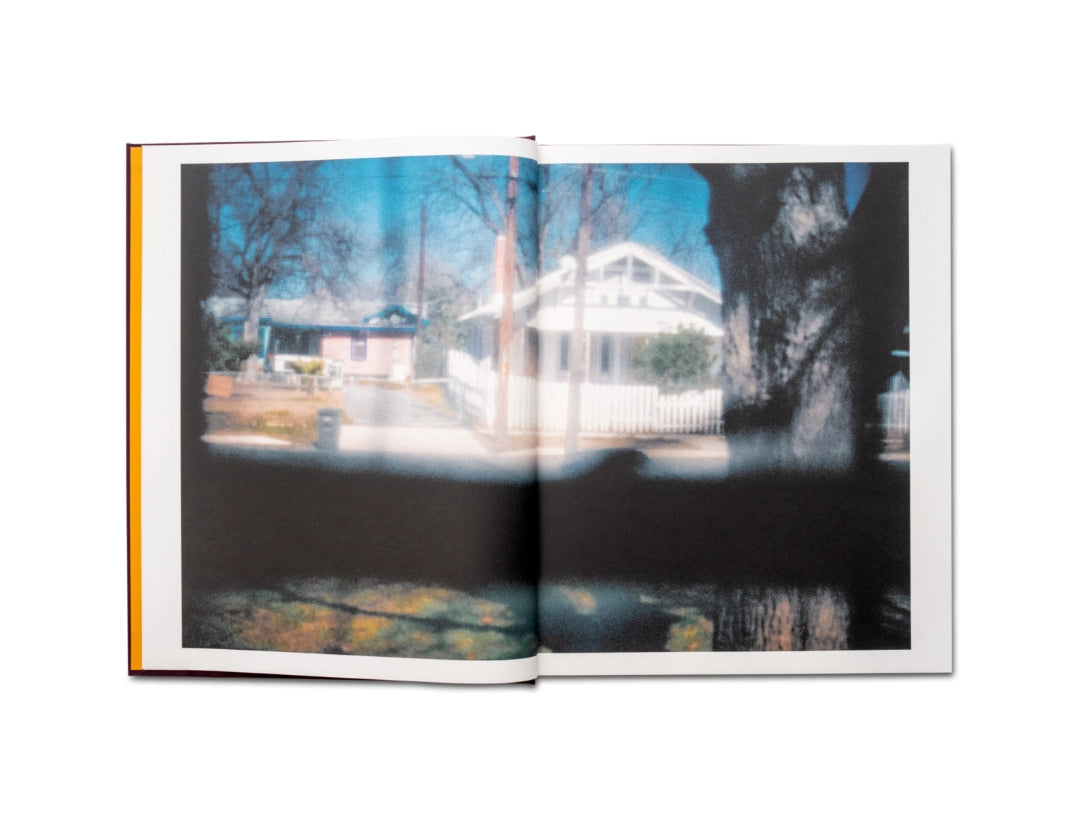
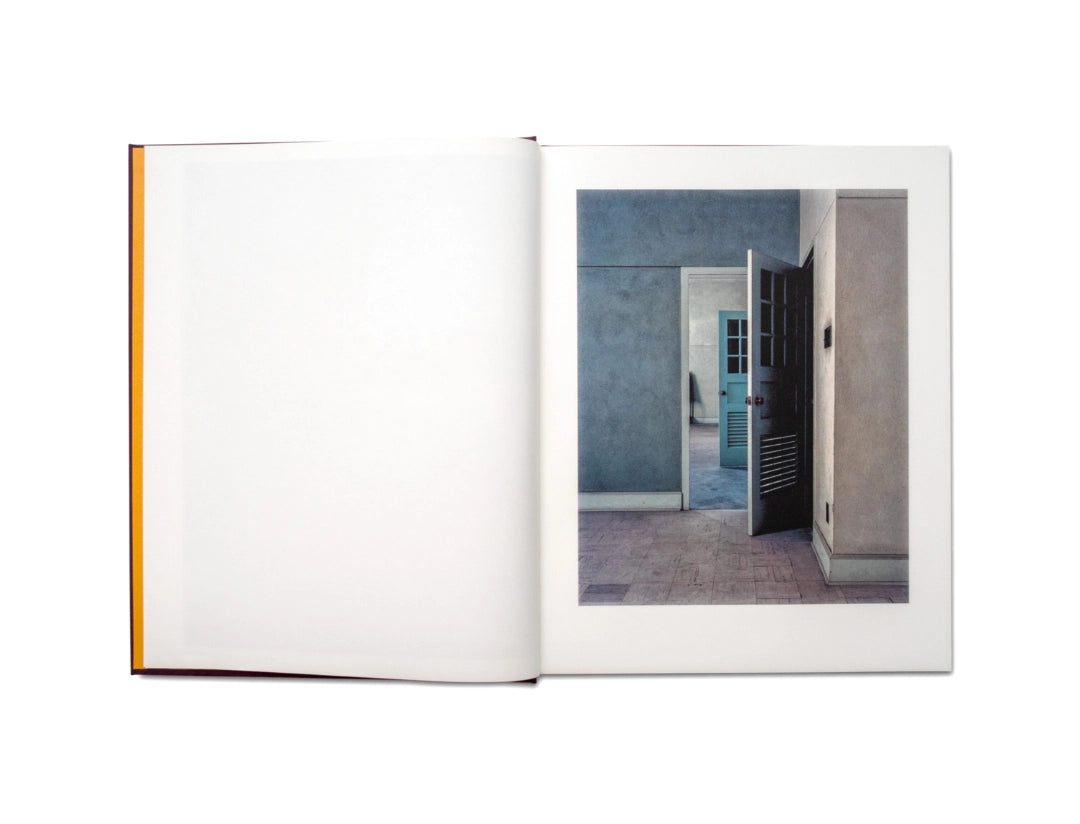
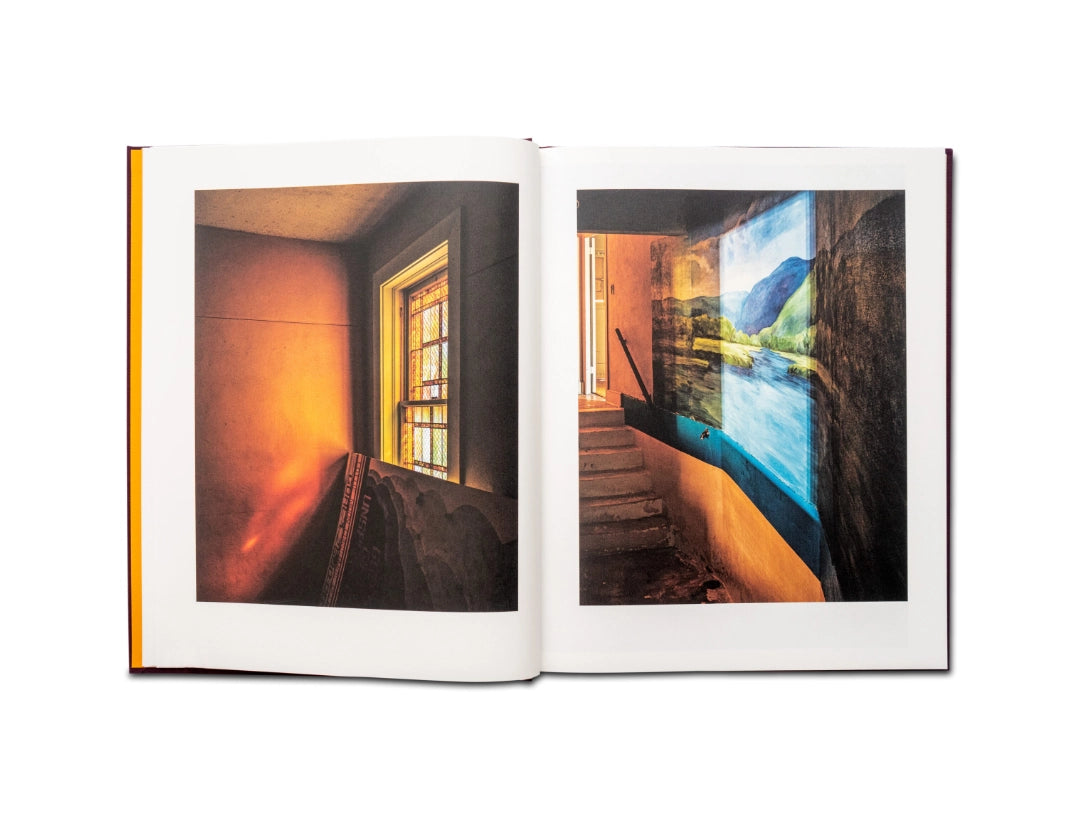
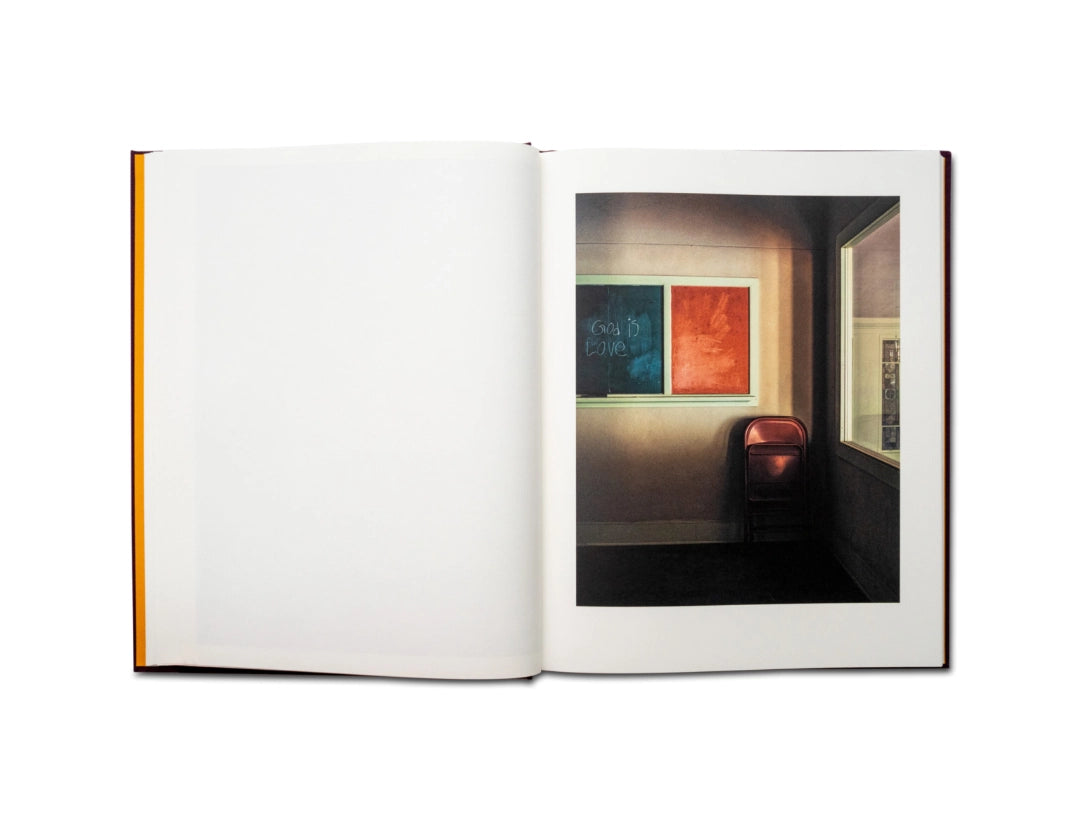
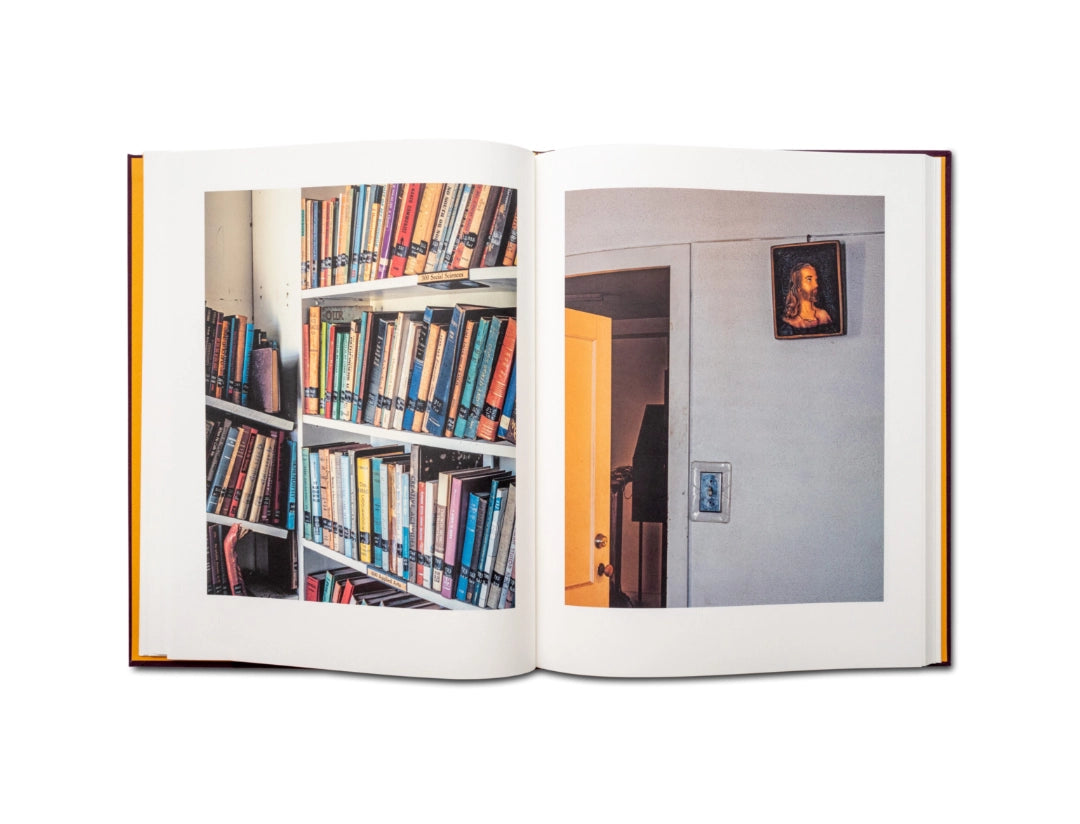
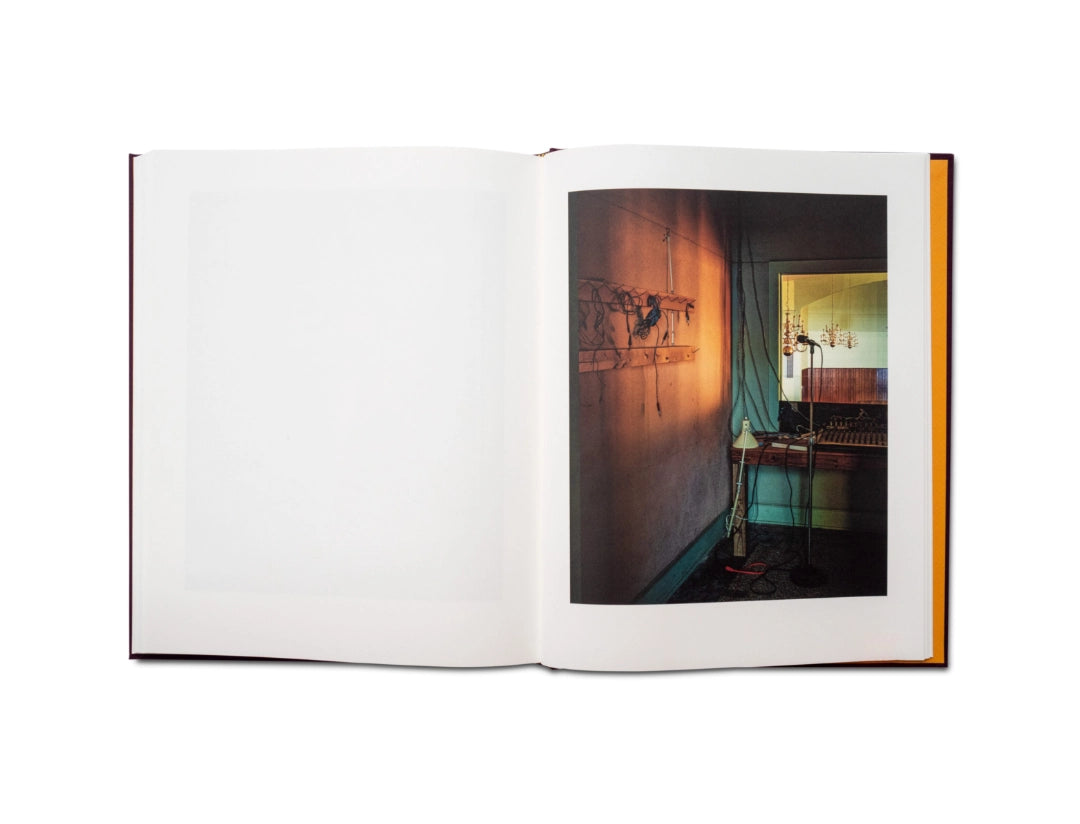
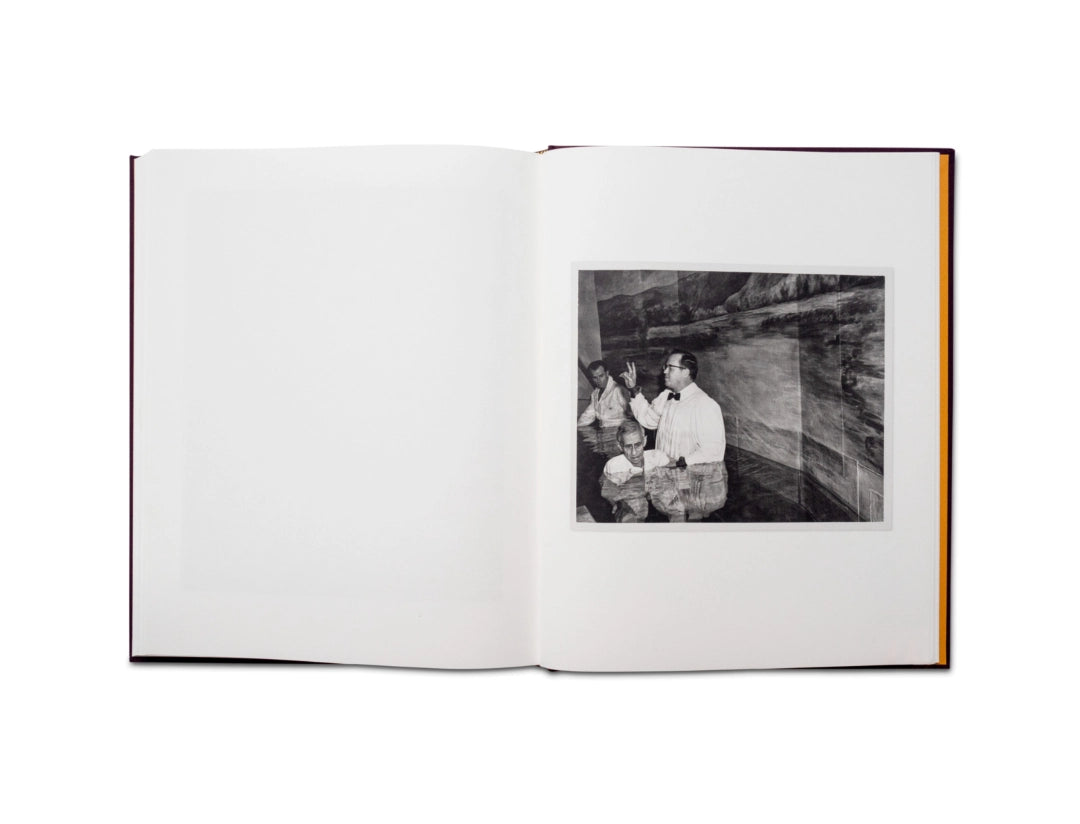
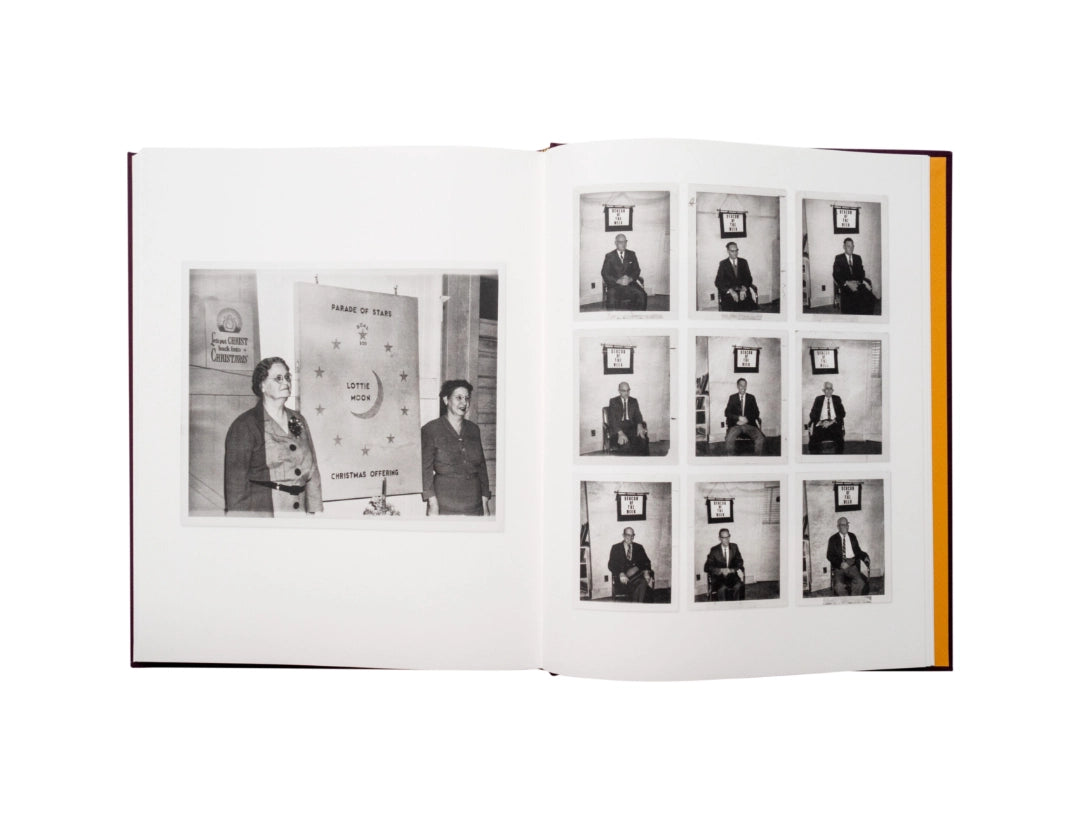
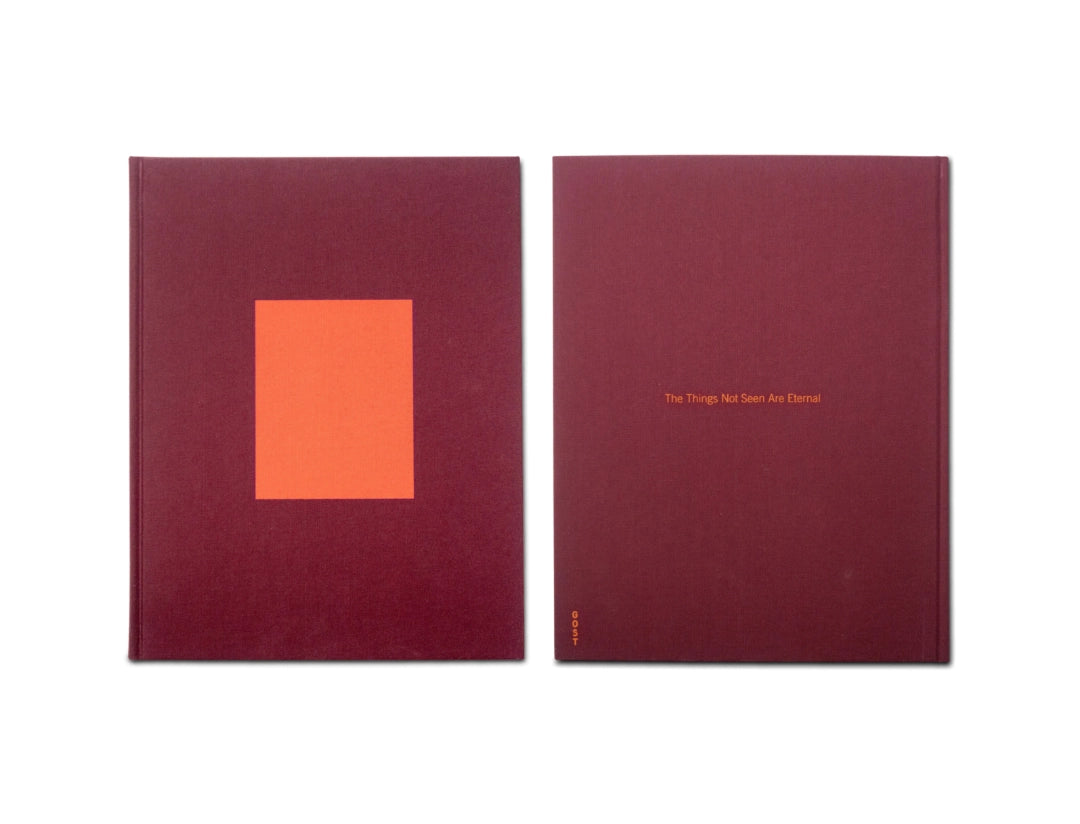
In the press
-
-
- Financial Times HTSI
From the author
-
-
- Herman Ellis Dyal

